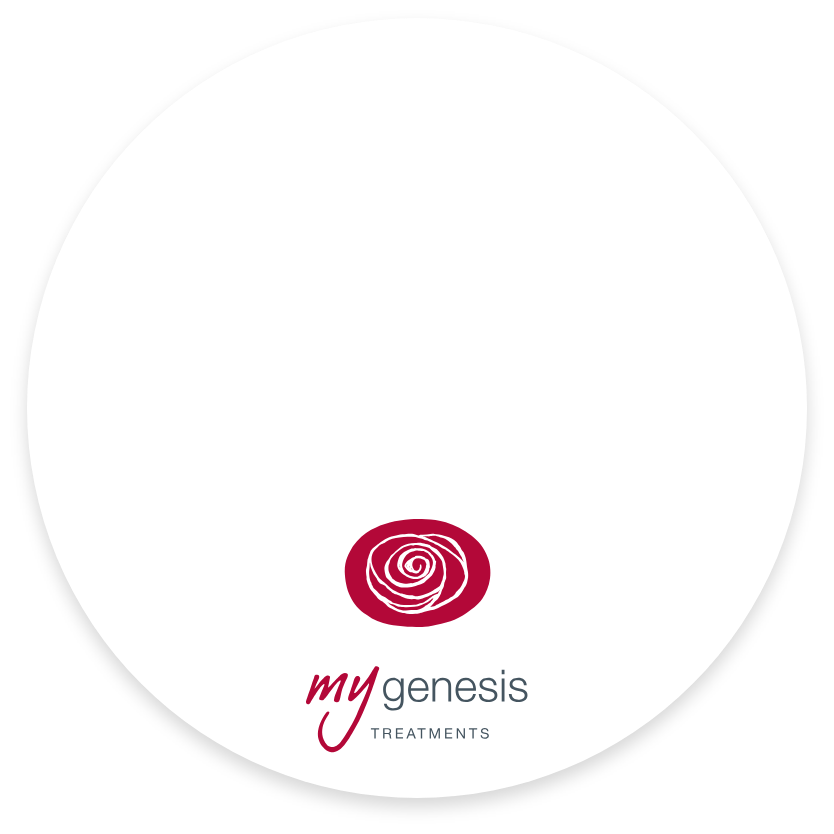
What were the most recent subjects about?
Recently I was in Melbourne for two weeks to undergo my first practical components at Victoria University. I completed two practical parts for two different units. Before heading down to Melbourne, I completed some theory components online to prepare me for my practical assessments.
For the first week, I completed my Dermal Skills 1 unit. As this was my first unit where I got hands-on at the University, they started with basic skills of developing a consultation process with clients. This helped us understand how to assess overall skin health and hair features. We learnt how to use a range of different tools to help understand Fitzpatrick skin type, identify certain skin conditions, and identifying what hair type we are looking at. The other practical skills we started learning were microdermabrasion and laser-based hair removal treatments, both diving into the mechanisms of action and how to perform this safely.
In the second week, I was able to complete all hours required to work at the university’s clinic. Working in the clinic meant I got to work on real clients with concerns and I got to continue developing the skills I had learned in the previous week. It gave me more time to consolidate the knowledge I had gained and more time to practice these skills in person. Students would work together on clients whilst supervisors were around to help, observe and give feedback on areas to improve or what we are doing well.
What did you enjoy learning the most?
Overall, it was nice to finally put everything we have learnt together and start to practice this in person. I enjoyed learning and working alongside all my fellow students, supervisors/lecturers as well. I found it interesting how many ways and tools there are to assess the skin to determine what may be happening. This was interesting to me, and I found it to be a key component of something to learn, as assessing the skin is fundamental before treating it.
What was the hardest thing about these subjects or studying in general?
As I am an interstate student, the University tries to accommodate this and wants us only to need to travel some of the time. Because of this, it does mean that when it comes to the hands-on units, they try as fit as much as possible into two weeks. I appreciate that I can study online and only travel now and then to complete my practical assessment, but two weeks of hands-on studying, exams and clinic is quite intense. Being away from home was generally hard, but I was consistently busy, so I only had a little time to myself. In Dermal Skills 1, there was an OSCE at the end of the week, like an in-person exam. This was the most stressful part of both weeks as we only had four days before practice and then jumped into the OSCE.
What did you learn that was interesting?
The university does have a range of devices to learn and practice on. Due to this, they had a range of laser-based hair removal devices that we got to know all about and practice in person. I found the learning process of laser-based hair removal enjoyable as there is so much to determine before using any of the lasers on a client safely. The most interesting part was that once you had learnt all of the assessments towards the skin and the hair, you could start to determine the best laser and the parameters for this.
How will these subjects help you as a Dermal Clinician?
These units have taught me more practical components, so I can take all these skills and continue developing them once I work with clients. I will now have a greater understanding of the scientific basis behind the treatments and devices and the mechanisms of action. I can determine the client’s health, skin, and hair by performing appropriate assessments before any treatment. This will give me the basis of understanding how interactions with certain things will respond and appropriate clinical endpoints to be observed.
Our qualified team provide a comprehensive range of treatments for complete skin rejuvenation, cosmetic injectables, laser hair removal and non-surgical body sculpting.